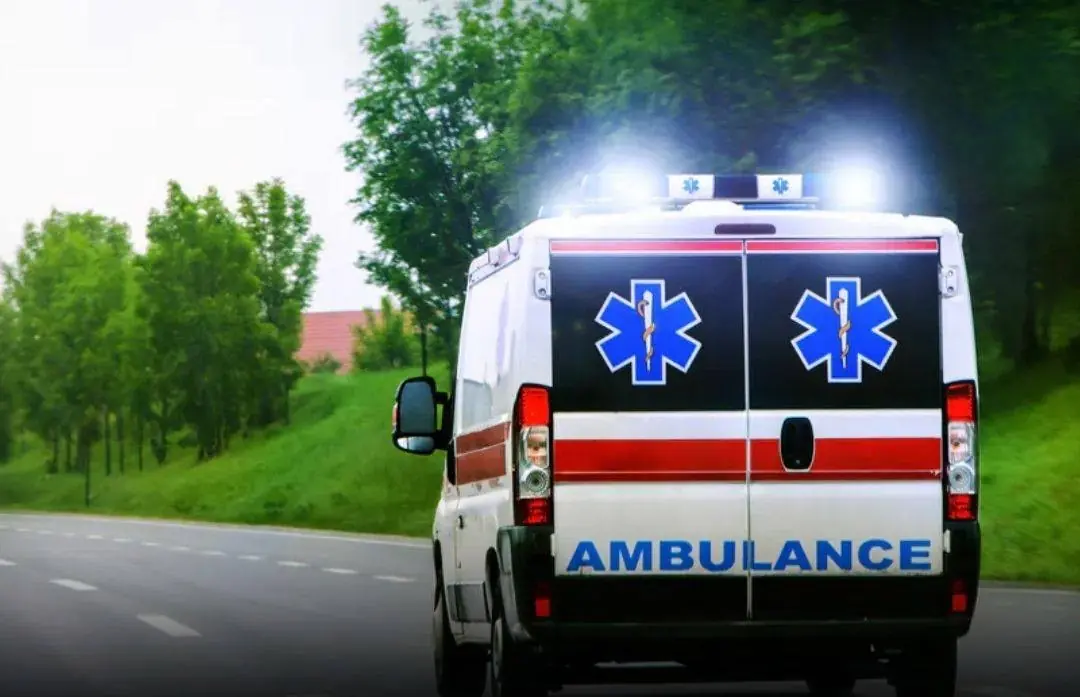
The Silent Threat: A Dangerous Disease Affecting 1 in 3 Asian Adults
The Silent Threat: A Dangerous Disease Affecting 1 in 3 Asian Adults
Do you often experience aching legs, swelling in your feet, or spend long hours sitting or standing? If so, you might be at risk of developing a condition that affects one-third of adults in Asia—chronic venous insufficiency (CVI), more commonly known as varicose veins. While often mistaken for a simple cosmetic issue, this disease can silently progress and lead to severe complications, including blood clots, skin ulcers, and even life-threatening conditions.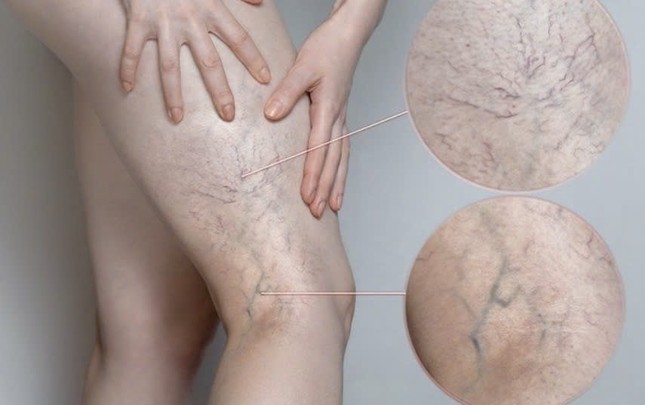
What Is Chronic Venous Insufficiency?
Chronic venous insufficiency occurs when the veins in your legs are unable to efficiently return blood back to the heart. Normally, veins have one-way valves that keep blood flowing upward, but when these valves become weak or damaged, blood begins to pool in the legs, leading to varicose veins and other symptoms.
This condition is more than just a visible problem. In many cases, it starts subtly, without pain or warning signs, and can take years to become noticeable. By the time symptoms appear, the disease may already be affecting circulation and causing long-term damage to the venous system.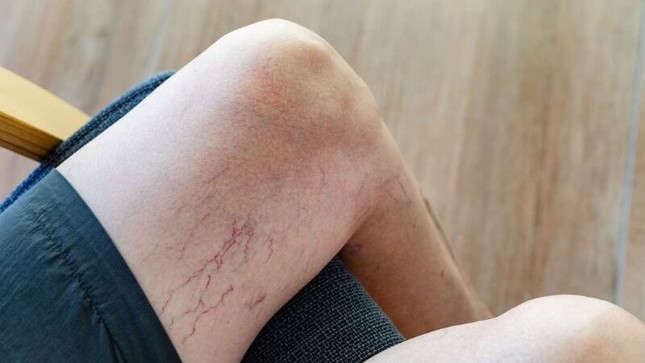
Why 1 in 3 Adults in Asia Are at Risk
The prevalence of varicose veins and venous insufficiency in Asia is on the rise—and it's not just due to aging. Lifestyle changes and modern working habits are major contributors. Here are a few key risk factors:
-
Prolonged sitting or standing: Office workers, factory staff, and even teachers often spend hours in the same position, reducing circulation in the legs.
-
Lack of physical activity: Sedentary lifestyles are becoming increasingly common across Asia, especially in urban areas.
-
Obesity: Excess body weight places more pressure on leg veins, increasing the risk of valve failure.
-
Pregnancy: Hormonal changes and increased pressure on the pelvic veins can lead to temporary or permanent venous issues.
-
Genetics: A family history of varicose veins significantly increases your risk.
Due to these factors, even young, otherwise healthy adults are not exempt from this growing health concern.
Warning Signs to Watch Out For
CVI can be difficult to detect in its early stages. Some people don’t notice anything until it becomes a serious problem. However, there are warning signs to be aware of:
-
Aching, heavy, or tired legs
-
Swelling in the lower legs or ankles (especially after long periods of standing)
-
Visible varicose veins
-
Skin discoloration, dryness, or itchiness around the ankles
-
Cramping or throbbing in the legs, particularly at night
-
Restless legs
-
Slow-healing wounds or skin ulcers near the ankles
If you experience any of these symptoms regularly, it’s essential to seek medical advice early.
The Dangers of Ignoring Varicose Veins
Many people dismiss varicose veins as a cosmetic issue. Unfortunately, untreated venous insufficiency can lead to serious health complications:
-
Deep vein thrombosis (DVT): Blood clots can form in deeper veins, potentially traveling to the lungs and causing a pulmonary embolism—a life-threatening emergency.
-
Chronic swelling and skin damage: Prolonged pressure can cause tissue breakdown, leading to eczema-like skin changes or darkening of the skin.
-
Venous ulcers: Open wounds caused by poor blood flow can become infected and take months to heal.
-
Bleeding: Varicose veins close to the skin may burst and cause spontaneous bleeding, even from minor bumps.
-
Reduced mobility and quality of life: Persistent leg pain and fatigue can limit daily activities and decrease overall well-being.
Prevention and Lifestyle Changes
The good news is that venous disease can often be managed—or even prevented—with simple lifestyle adjustments:
-
Stay active: Walking, swimming, cycling, and stretching all promote healthy blood flow in the legs.
-
Avoid prolonged sitting or standing: If your job requires this, make it a habit to take short movement breaks every hour.
-
Elevate your legs: When resting, try to elevate your legs above heart level for 15–20 minutes a few times a day.
-
Wear compression stockings: These specialized garments improve blood circulation and reduce discomfort.
-
Maintain a healthy weight: Reducing pressure on your veins will significantly lower your risk.
-
Stay hydrated and eat a fiber-rich diet: This supports overall vascular health and reduces the risk of constipation, which can strain the veins.
Treatment Options
If lifestyle changes aren’t enough or if symptoms are already present, various treatments are available depending on the severity of the condition:
-
Medications: To reduce swelling and improve vein function.
-
Minimally invasive procedures: Techniques like sclerotherapy, laser therapy, or radiofrequency ablation can close off faulty veins without surgery.
-
Surgical options: In severe cases, vein stripping or ligation may be necessary.
Consulting a vascular specialist early can help you choose the most effective treatment and prevent complications.
Take Action Before It’s Too Late
Because varicose veins often develop slowly and without immediate pain, many people ignore them until they become a serious issue. This is especially dangerous in busy modern lives, where minor health discomforts are often overlooked. The truth is, early diagnosis and management are key to avoiding long-term damage.
If you or someone you know frequently experiences leg discomfort, swelling, or visible veins, don’t delay a medical checkup. What may seem like a small issue today could silently evolve into a serious threat tomorrow.
News in the same category

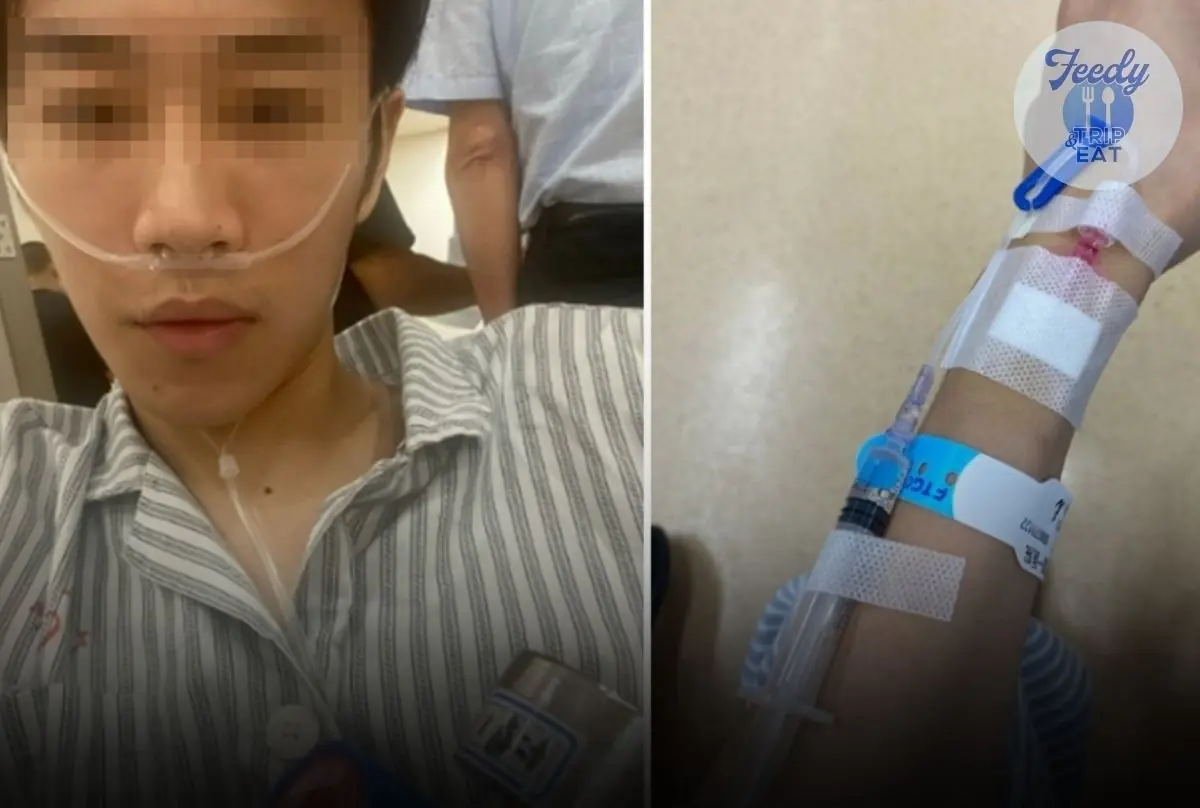
Hidden risk factors inside the home
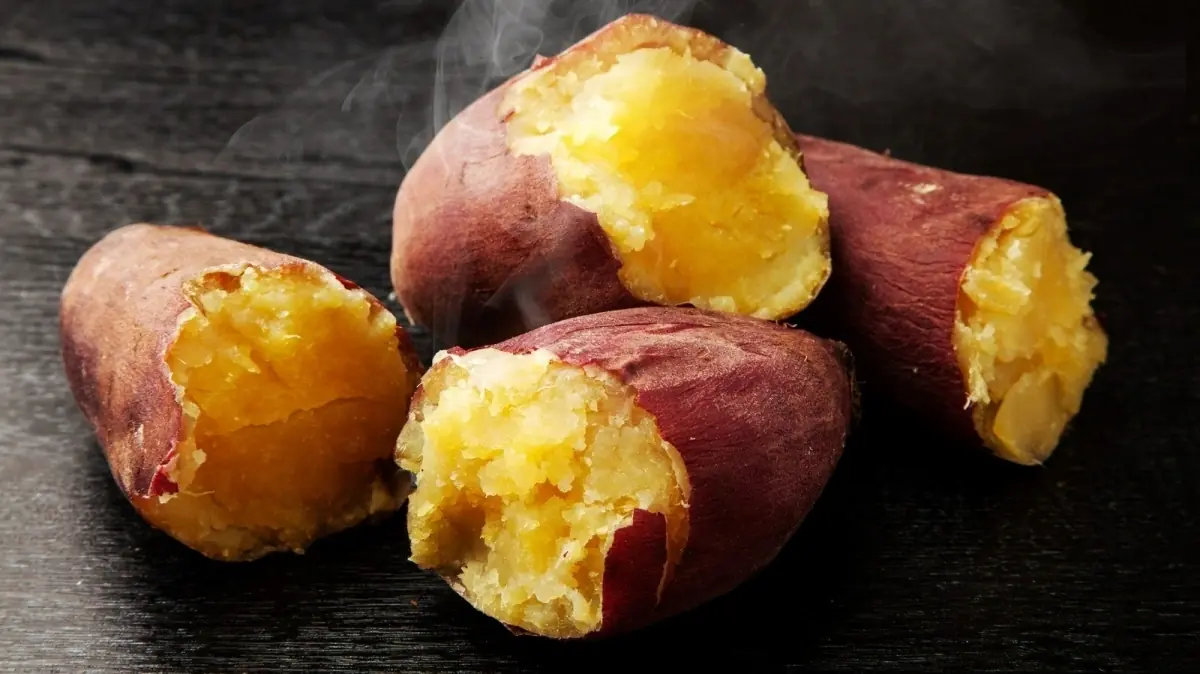
People with diabetes often make mistakes: Eating sweet potatoes must follow the “3 DON’Ts” to avoid blo.od sugar spikes

Young and at Risk: Str.ok.e Strikes 19-Year-Old After Headache — 5 Symptoms You Shouldn’t Ignore

The morning right after waking up is the time when the body most clearly reveals its health status, especially the kid.neys

The morning right after waking up is the time when the body most clearly reveals its health status, especially the kid.neys
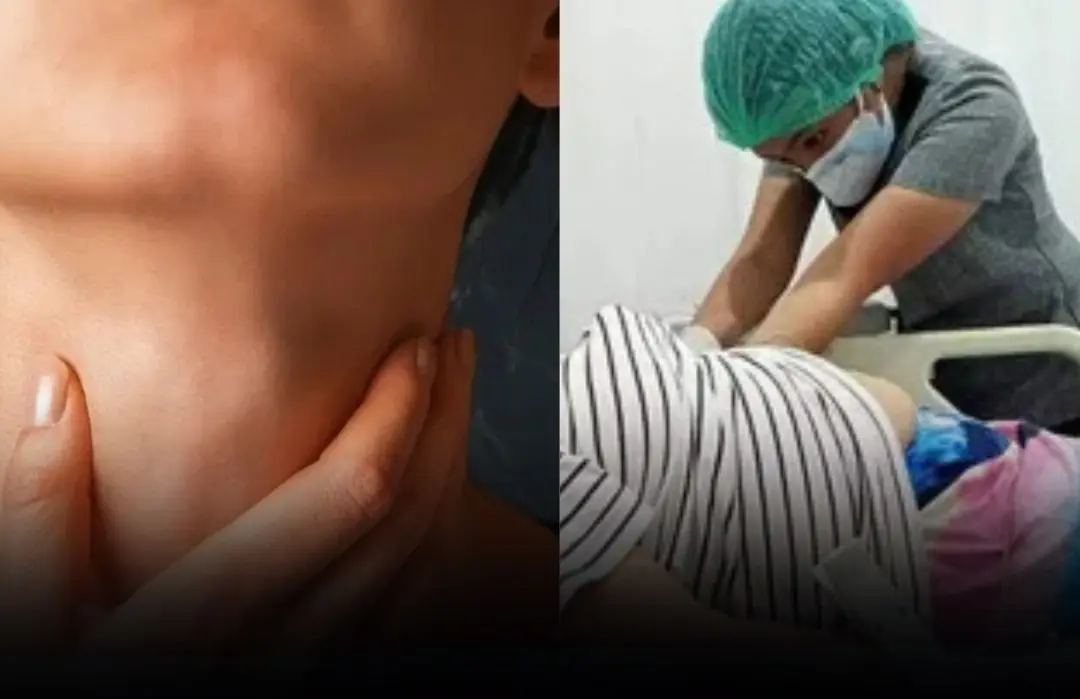
Hidden Ca.nc.er Ri.s.ks in Daily Life That People Keep Ignoring

If your veins are visible in your hand, it is a signal of...
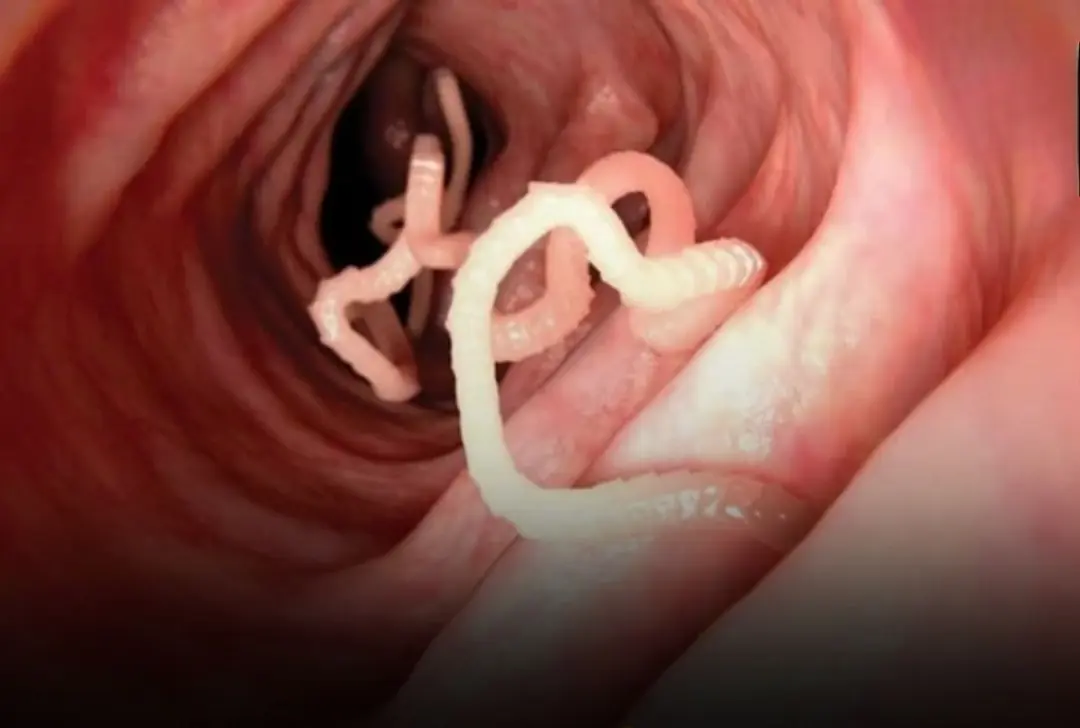
The first sign is especially common in many households
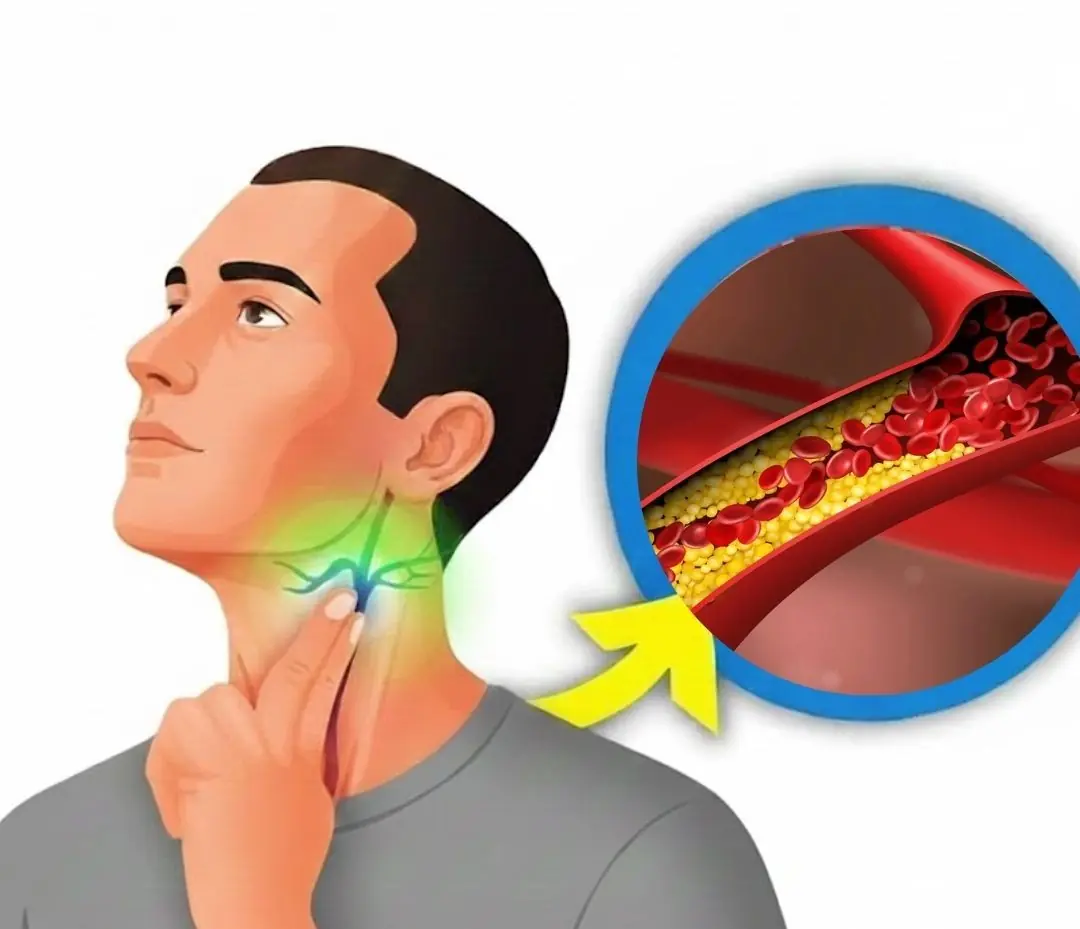
I summarized the most interesting ones below
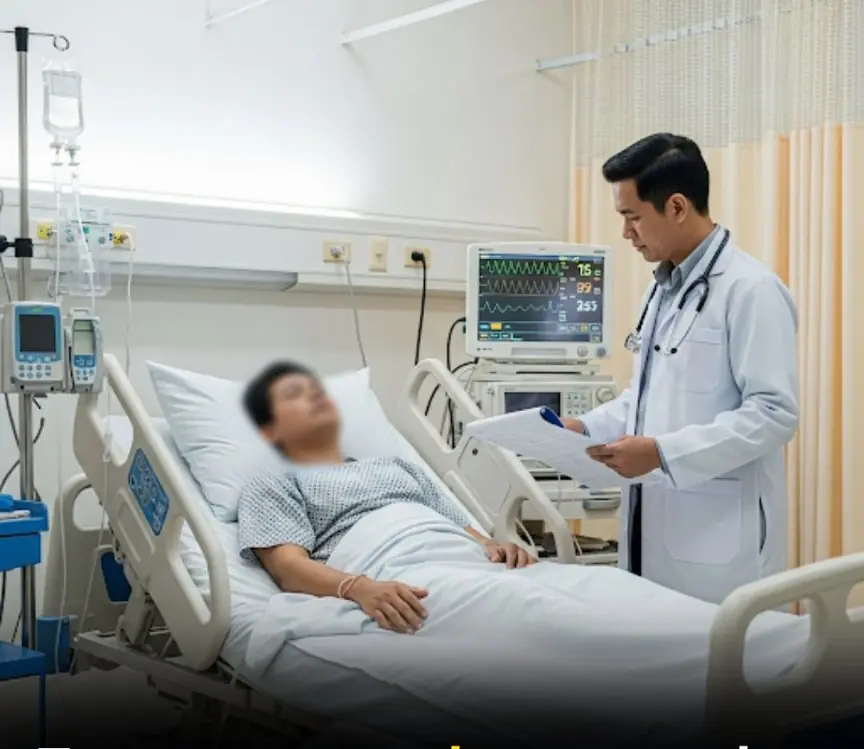
A silent stroke can strike when you least expect it — but these small habits could save your life
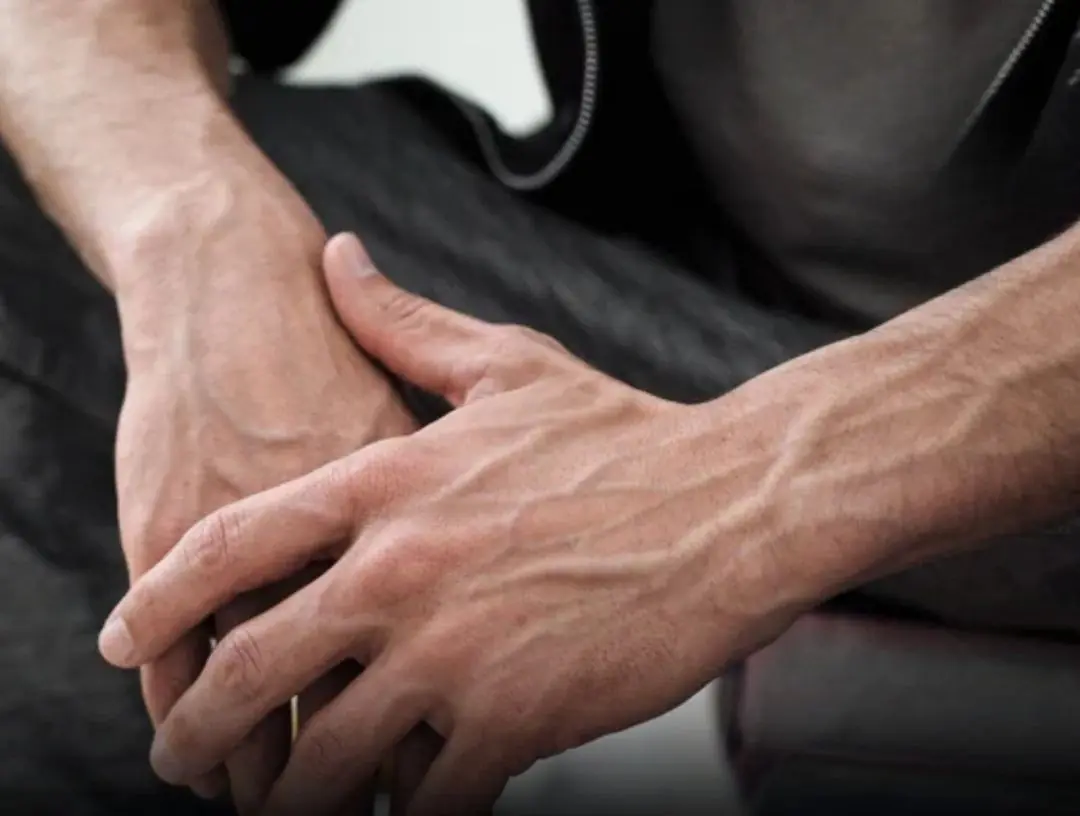
If you notice someone with bulging v.e.i.n.s, these are the crucial things you need to tell them
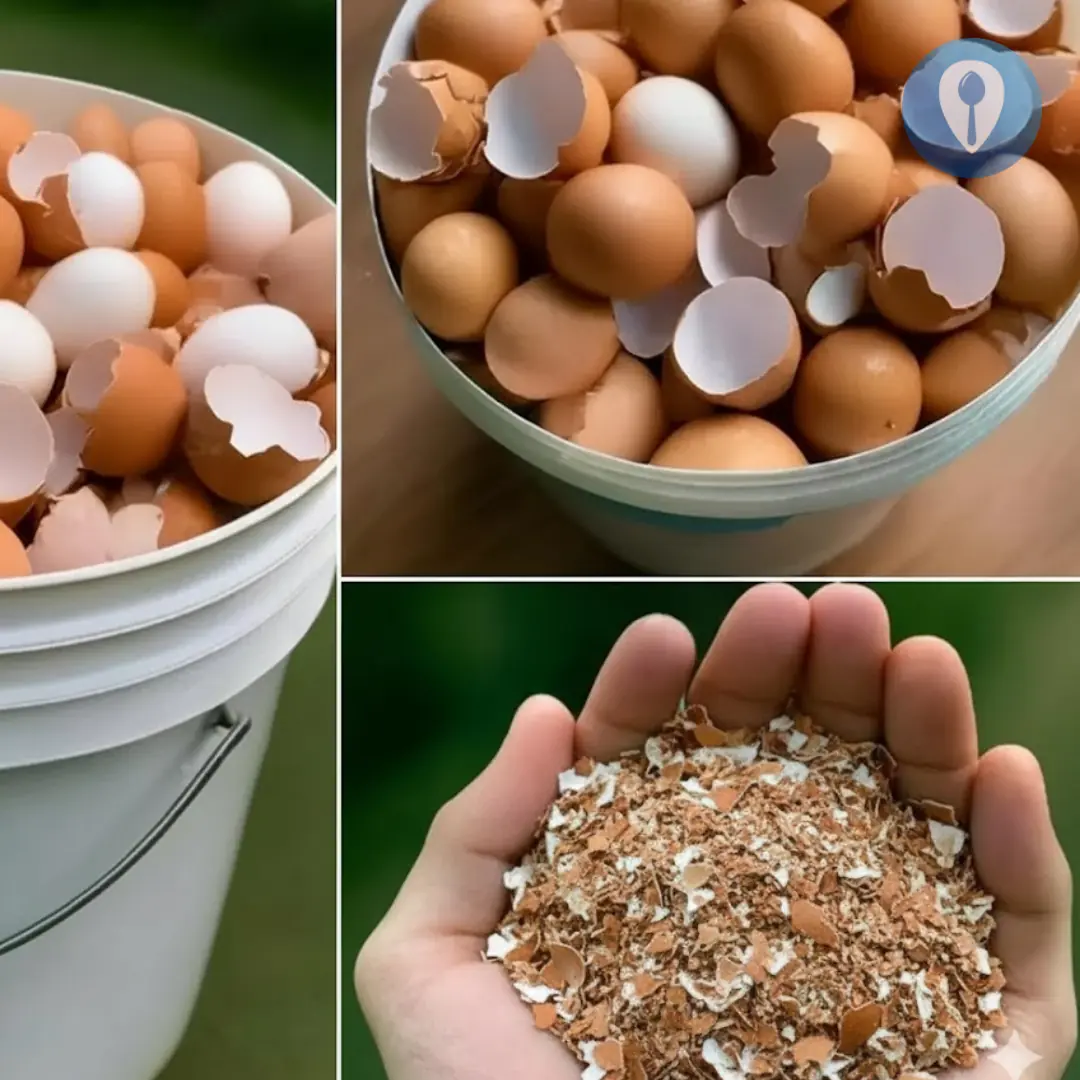
Boil eggshells and say goodbye to the …
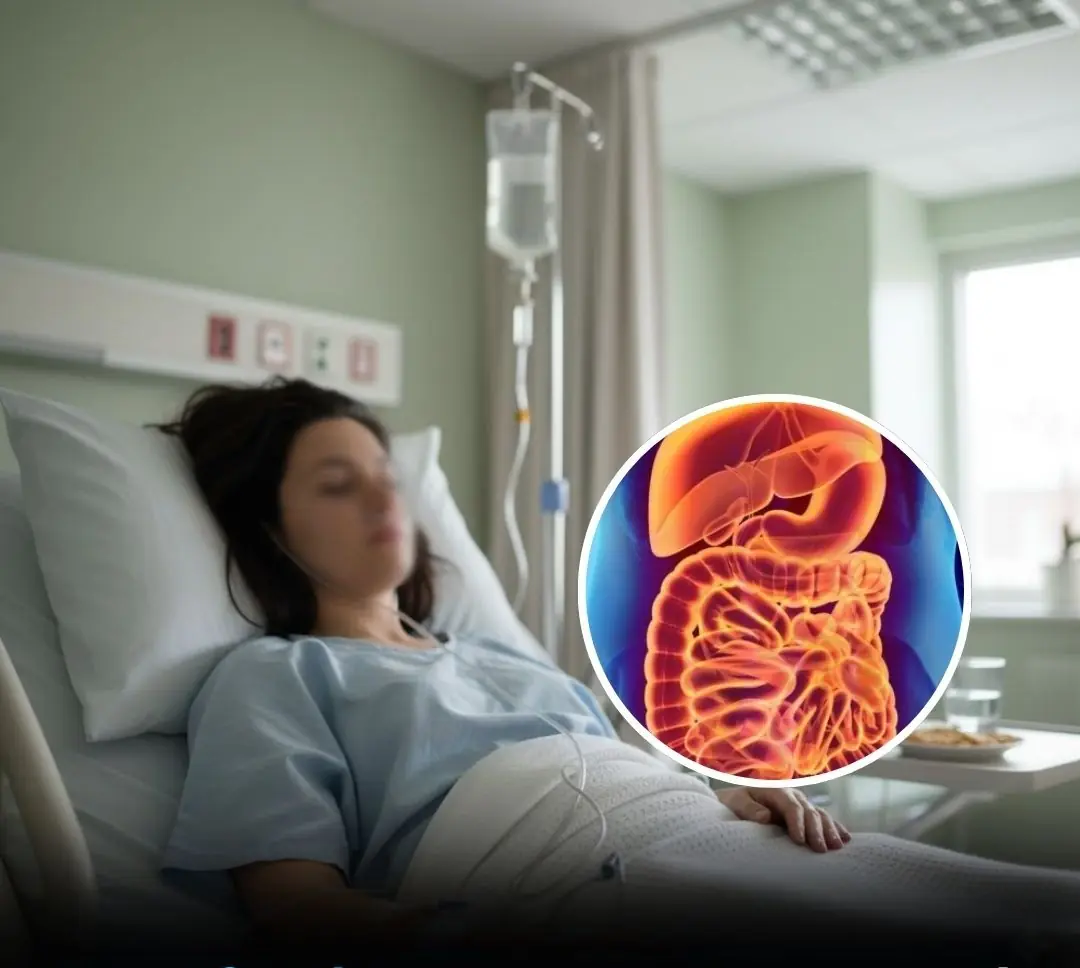
The first food you eat in the morning plays a vital role in your health, especially your digestive system .....

Creamy Banana Colada Smoothie
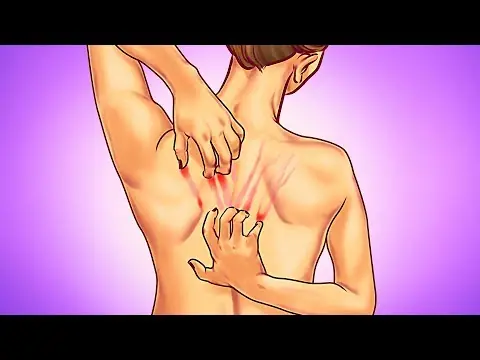
Do Not Ignore These 10 Warning Signs That Your Kidneys May Be In Danger
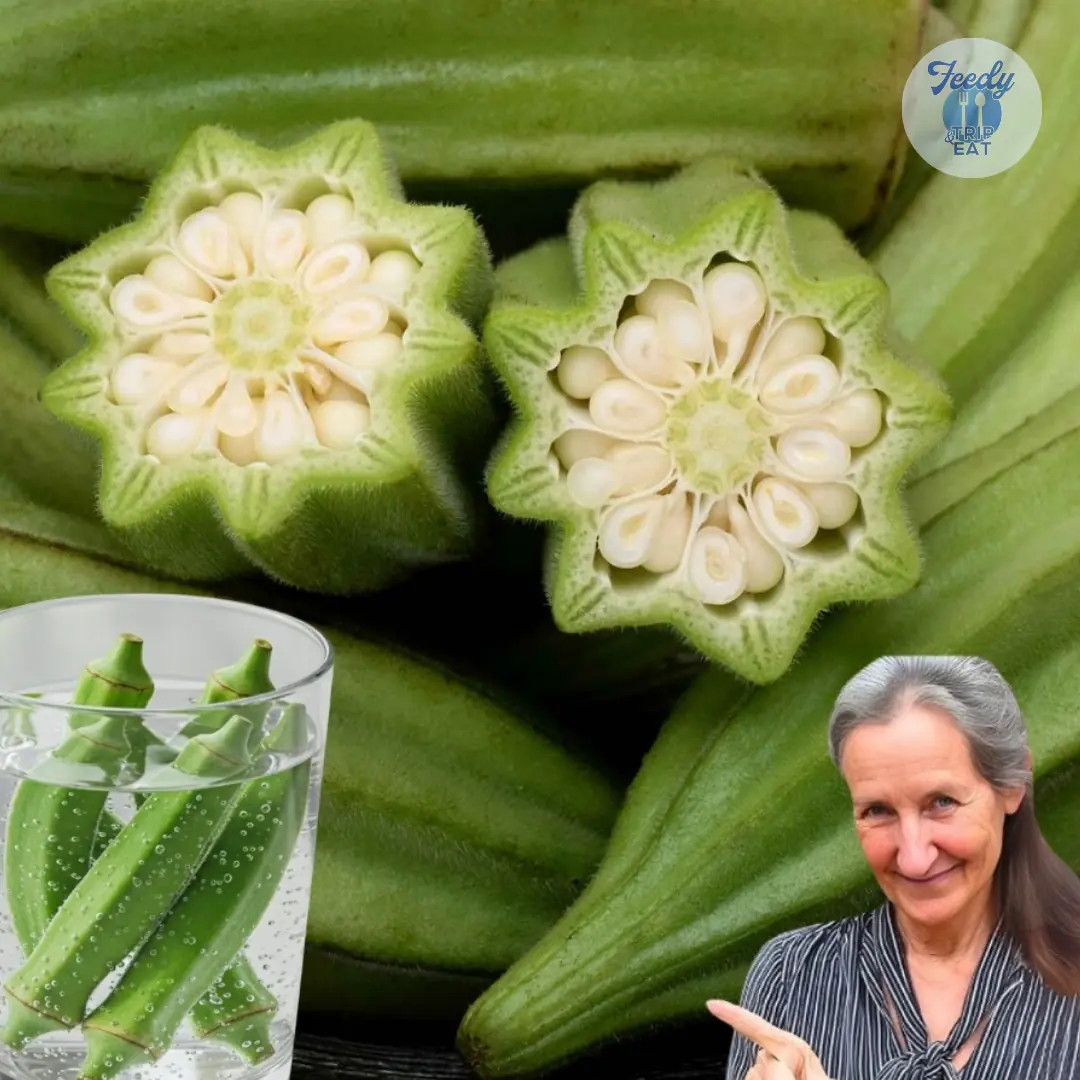
13 Powerful Reasons Why Your Entire Family Should Drink Okra Water Every Day
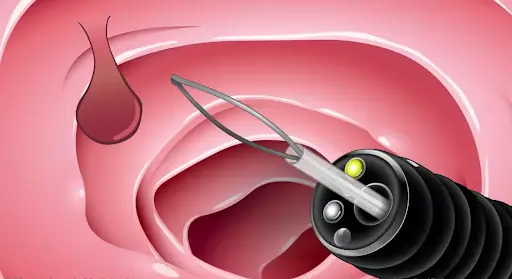
Spotting Colon Polyps Early: The Crucial Step in Preventing Colon Cancer
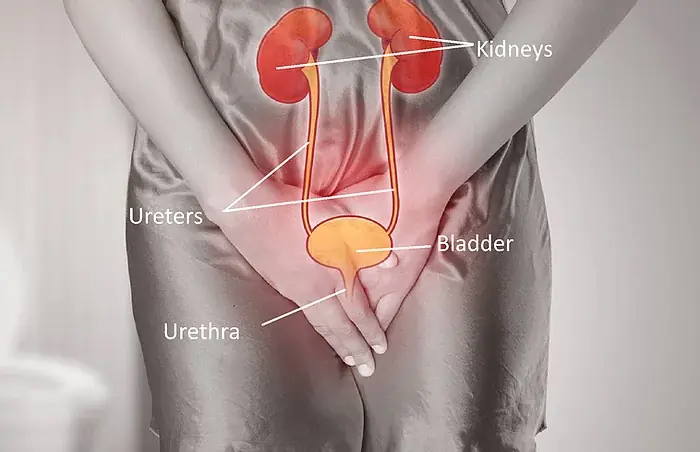
5 Common Signs of Bladder C.a.ncer That You May Ignore
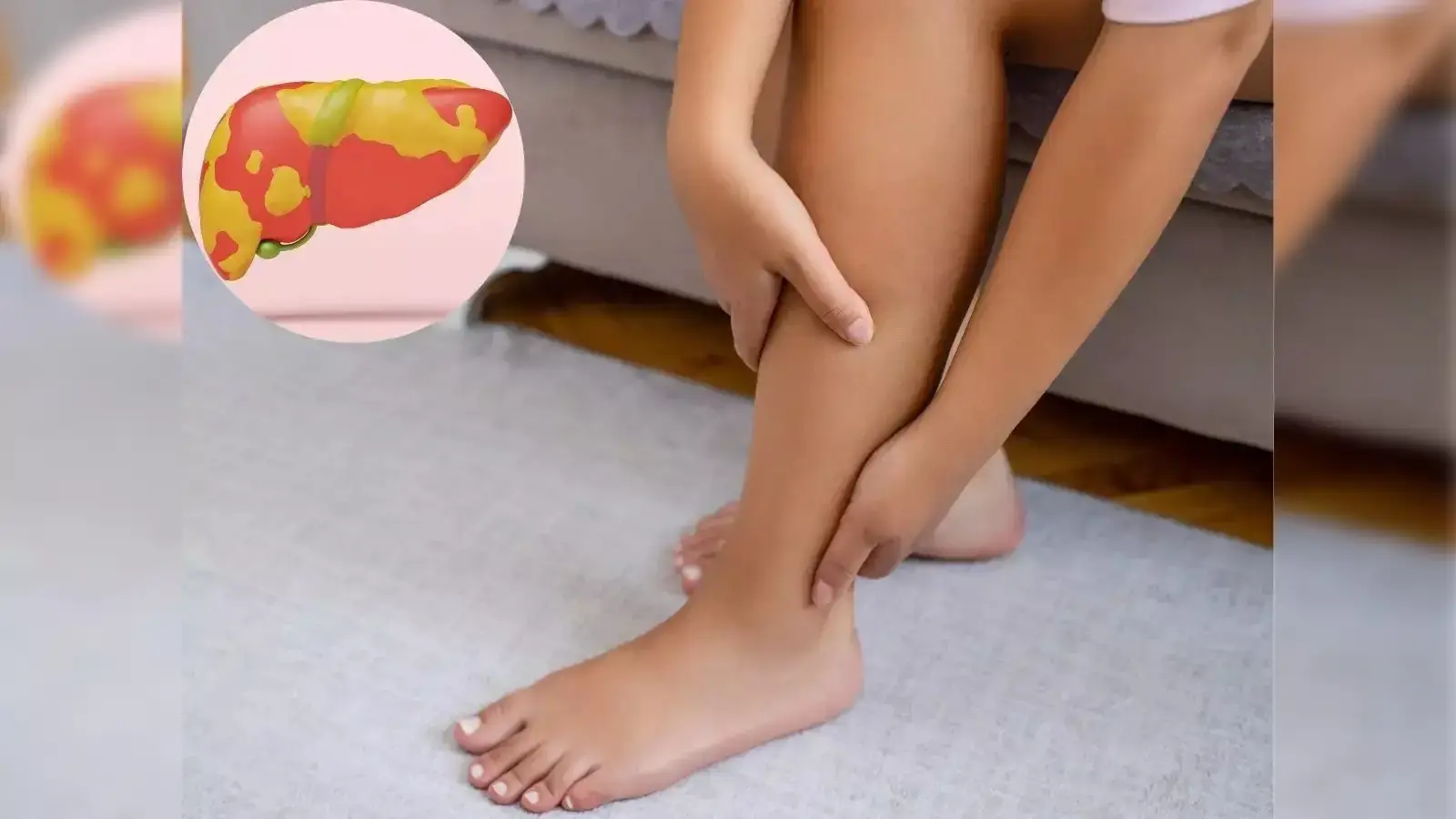
Fatty liver disease: The sign in your feet that means the condition is irreversible
News Post
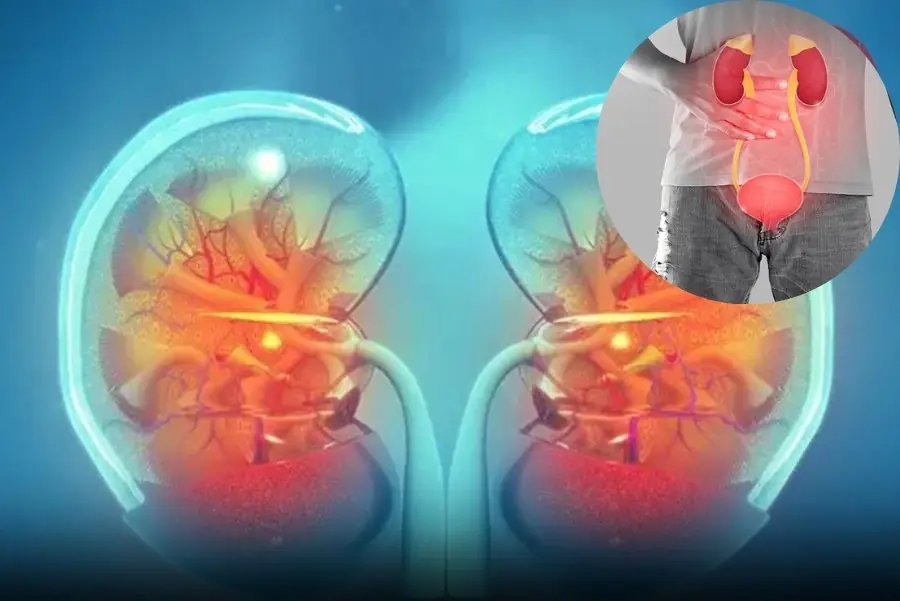
8 Silent Signs Your Kidneys Are Failing — Ignoring Them May Mean Dialysis for Life

Avoid these drinks before bedtime — they could cause problems

Hidden risk factors inside the home

People with diabetes often make mistakes: Eating sweet potatoes must follow the “3 DON’Ts” to avoid blo.od sugar spikes

Young and at Risk: Str.ok.e Strikes 19-Year-Old After Headache — 5 Symptoms You Shouldn’t Ignore

Many people don’t know what its purpose is used for
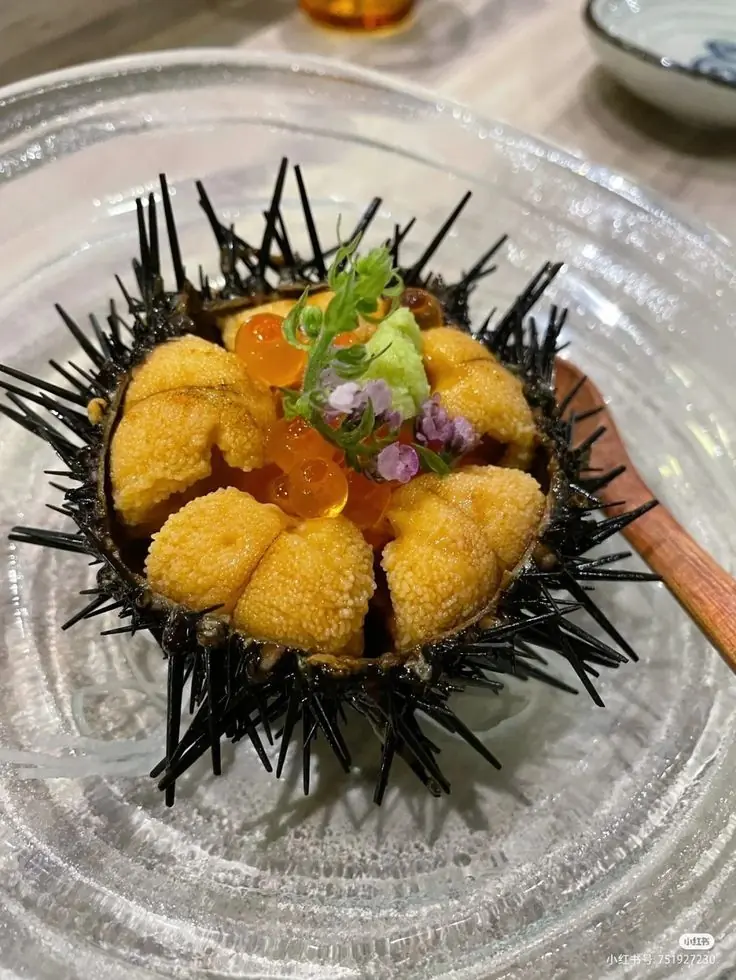
FRESH SEA URCHIN (UNI) WITH IKURA

The morning right after waking up is the time when the body most clearly reveals its health status, especially the kid.neys

The morning right after waking up is the time when the body most clearly reveals its health status, especially the kid.neys

Hidden Ca.nc.er Ri.s.ks in Daily Life That People Keep Ignoring

Why should you avoid showering, washing dishes, and doing laundry during a thunderstorm?

If your veins are visible in your hand, it is a signal of...

The first sign is especially common in many households

I summarized the most interesting ones below

A silent stroke can strike when you least expect it — but these small habits could save your life

If you notice someone with bulging v.e.i.n.s, these are the crucial things you need to tell them

Boil eggshells and say goodbye to the …

The first food you eat in the morning plays a vital role in your health, especially your digestive system .....

Creamy Banana Colada Smoothie
